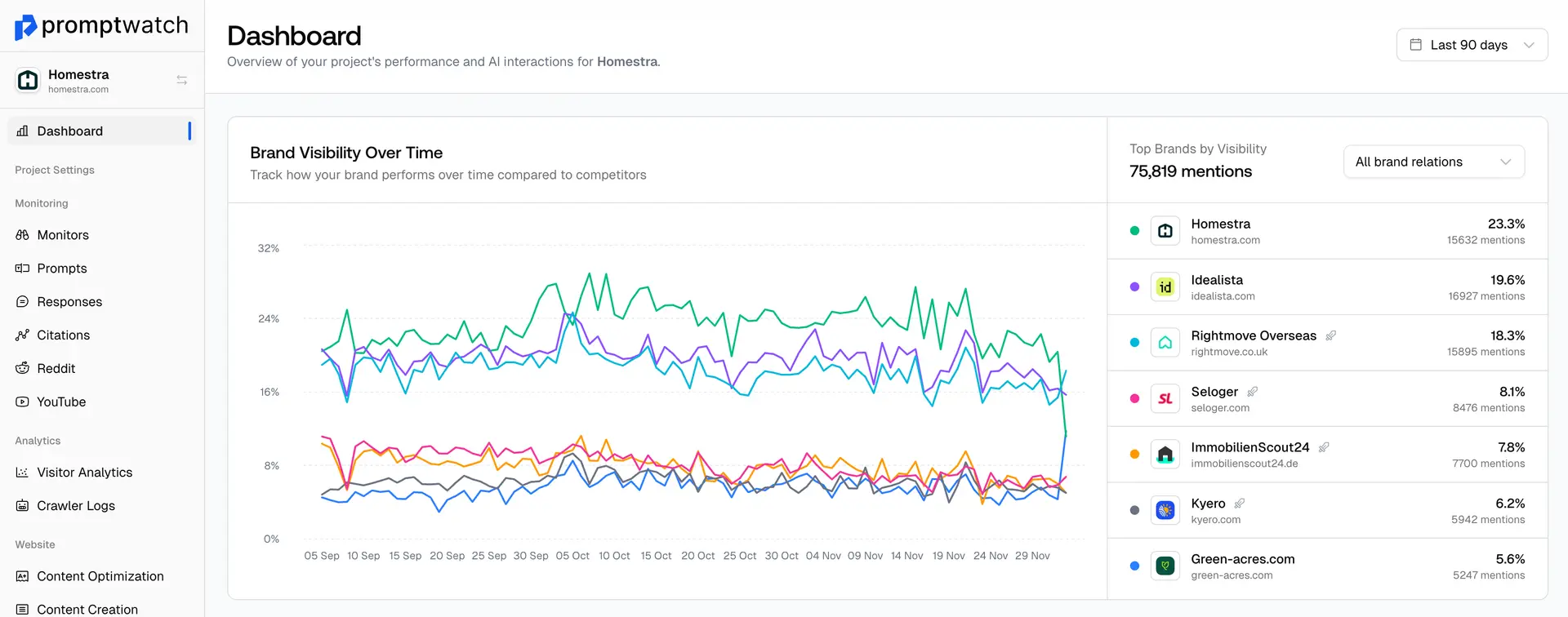Definition
Search Generative Experience (SGE) is Google's AI-powered search feature that provides conversational, generated responses alongside traditional search results, representing Google's evolution toward more interactive and intelligent search experiences. SGE combines the power of large language models with Google's vast search index to provide comprehensive, conversational answers to user queries.
SGE appears as AI-generated responses at the top of search results for many queries, similar to AI Overviews but with more interactive and conversational capabilities. Users can ask follow-up questions, request clarification, and engage in multi-turn conversations about their search topics, creating a more dynamic search experience.
For businesses and content creators, SGE represents both an opportunity and a challenge. The opportunity lies in being cited and referenced in SGE responses, which can provide significant visibility and authority. The challenge is that SGE may reduce click-through rates to websites as users get answers directly in search results.
Optimizing for SGE requires creating comprehensive, authoritative content that AI systems can easily understand and cite, implementing proper structured data and schema markup, building topical authority and expertise signals, maintaining content freshness and accuracy, and ensuring content provides clear, direct answers to common user questions.
SGE is part of Google's broader strategy to compete with conversational AI platforms like ChatGPT while maintaining their search dominance. Understanding and optimizing for SGE has become crucial for maintaining search visibility as AI-powered search features become more prevalent.
Examples of Search Generative Experience (SGE)
- A user searching for 'how to start a podcast' and receiving a comprehensive SGE response with step-by-step guidance and follow-up conversation options
- SGE providing detailed product comparisons with the ability to ask follow-up questions about specific features or use cases
- Travel queries receiving SGE responses with itinerary suggestions and the ability to refine recommendations through conversation
- Technical queries getting SGE explanations with options to ask for more detail or simpler explanations
